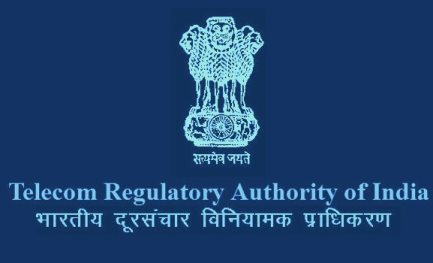
NEW DELHI: The regulator Trai will enforce its order on call drops, which makes it mandatory for telcos to compensate customers for failed calls, as the Delhi High Court has upheld the decision, Telecom Minister Ravi Shankar Prasad said today.

NEW DELHI: The regulator Trai will enforce its order on call drops, which makes it mandatory for telcos to compensate customers for failed calls, as the Delhi High Court has upheld the decision, Telecom Minister Ravi Shankar Prasad said today.
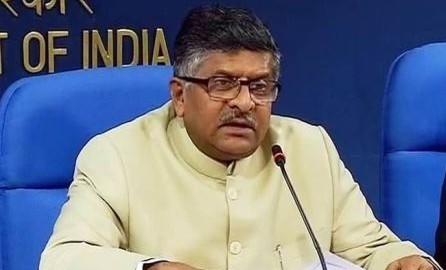
Communications and IT Minister Ravi Shankar Prasad backed the telecom regulator’s new rule barring discriminatory pricing of data services, saying Internet cannot be restricted to a few.
The Trai has taken a strong stand backing net neutrality. What are your views?
We are very happy with this recommendation, which is basically a tariff issue about differential pricing. Tariff is within the jurisdiction of Trai. We quite appreciate it. Internet is one of the finest creations of human mind, and it should not become the monopoly of a few. Something which is proven in order to become truly global must have a link with the local. Our government stands committed to non-discriminatory availability of internet.
When will the government come out with its policy?
Larger framework was already fixed in the Parliament itself. The detailed part needs to be decided after the proposals of Trai. Free basics and differential pricing issue was brought up. I am happy that the report has come about. India is today home to 1billion mobile connections, 400 million internet penetration. When we talk of digital inclusion in India for e-education, e-health, any kind of segmentation is absolutely not warranted. With Digital India, we are seeking to empower the people of India by the use of technology to create a knowledge economy. Non-discriminatory access to Internet is integral to it. This is our stand we are taking from day one. The PM and the government though are fully supportive of free interaction on social media.
Did you meet Facebook executives during your recent US trip? Do you expect the Trai regulation to hurt Facebook’s interest in India?
I met with a senior representative of Facebook. I told him that differential pricing is a tariff issue, which is determined by the Trai as per the law of India. There’s a process available within the law for anyone to challenge. Apart from Free Basics, Facebook has many other operations in India. Differential pricing should not become the pre-condition for any of these platforms. India is a market with vast potential. Anyone is welcome if they are compliant to the law of India.
What will be the government’s next steps in terms of protecting free access to the Internet in India?
India is making significant interventions in matters concerning the Internet. On internet governance also, we have taken a stand of mutli-stakeholders, where India is a democracy like USA. Apart from the government, the civil society, the NGOs, netizens, activists, all have a role. Therefore it’s important to have a multi-stakeholder model. India must take a leading role in proliferation of the Internet in the whole world. India and US also need to work together. Off late, we have been making very important incretions pertaining to internet governance
Telcos say the bar on differential pricing would hurt Digital India?
This is just an apprehension. India is a huge market and technology finds an answer to everything. The government’s views articulated repeatedly in Parliament and outside. The PM’s insistence on spread of Digital India, on internet governance, our taking a multi-stakeholder approach working in cooperation with the US and others all these underscore emergence of India as an important internet power.

NEW DELHI: Telecom regulator Trai on Monday prohibited discriminatory tariffs for data services on the basis of content. The move is a big blow to Facebook’s highly-controversial ‘Free Basics’ platform and Airtel’s zero-rated platform ‘Airtel Zero’.
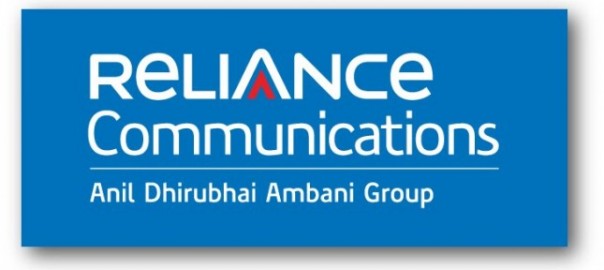
NEW DELHI: Reliance Communications on Thursday said that it, along with brand MTS, will soon apply to the High Courts of Bombay and Rajasthan to clear their merger.
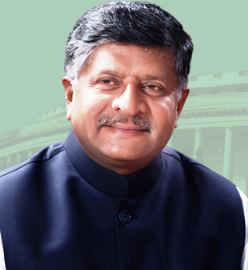
New Delhi: Union Telecom Minister Ravi Shankar Prasad is open to allowing experiments by Google, Microsoft and others to address digital challenges of future.
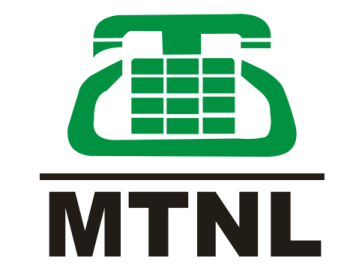
New Delhi: India’s 750-odd lawmakers residing in the national capital will soon get Wi-Fi at their official residences as the state-run Mahanagar Telephone Nigam Limited (MTNL) is currently working on to meet high-speed data access needs of netas.

PATNA: Asserting the seriousness of central government on the issue of call drops, Communication and Information Technology minister Ravi Shankar Prasad has said that the TRAI (Telecom Regulatory Authority of India) has been directed to penalise any operator encouraging call drop.
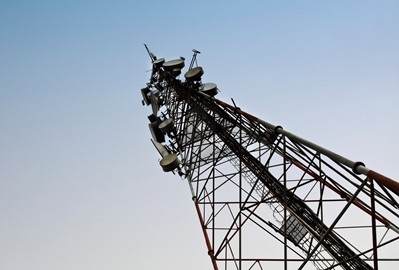
Tired of call drops?
Soon, you are likely to encounter another problem, this time while accessing data, and that too, even in 4G.

Mumbai High Court is likely to endure hearings on three cases under Justice V. M. Kanade on Monday. Interestingly, all these cases (Kiran Shantaram, former Mumbai Sheriff, vs Municipal Corp. of Greater Mumbai, PIL or Public Interest Litigation by a B-Town celebrity Juhi Chawla along with ten others Vs UI or Union of India, PIL by NGO named NAGAR vs Maharashtra State) share one common issue and that is multiplication of mobile towers in the state, Mumbai.

The report on Net Neutrality by The Department of Telecom (DoT) Panel led by AK Bhargava has been made public.